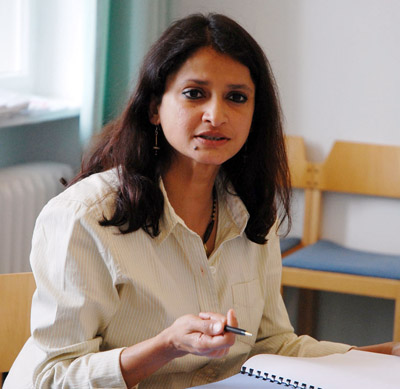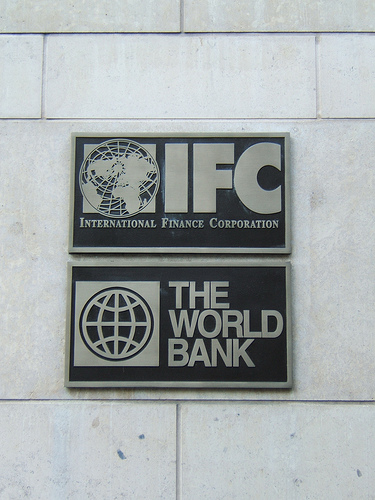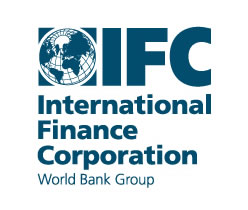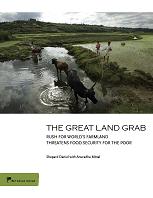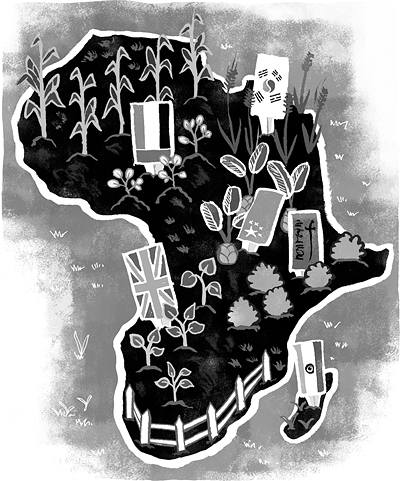World Bank set to finance one of Latin America's largest farmland grabbers
- GRAIN
- 07 June 2011
On 10 June 2011, the board of the World Bank's International Finance Corporation will likely approve a loan that will enable a company controlled by France's Louis Dreyfus Group to significantly expand its farmland holdings in the Southern Cone.








